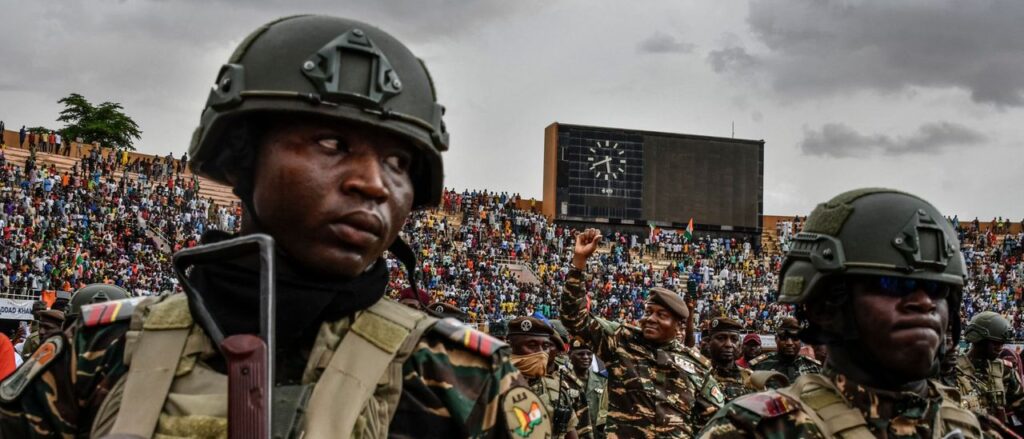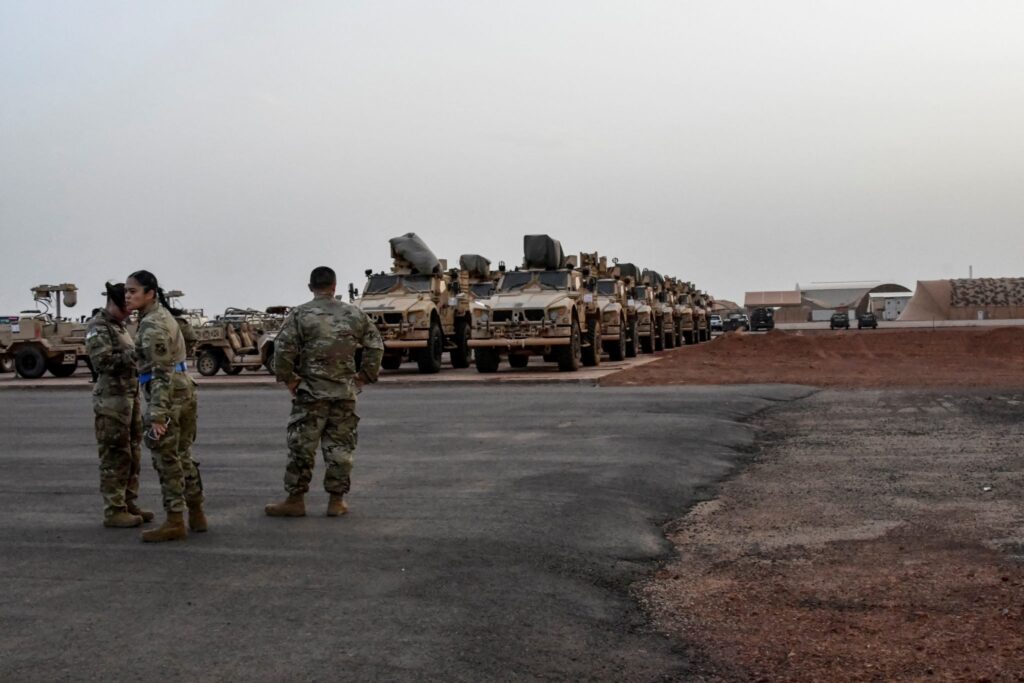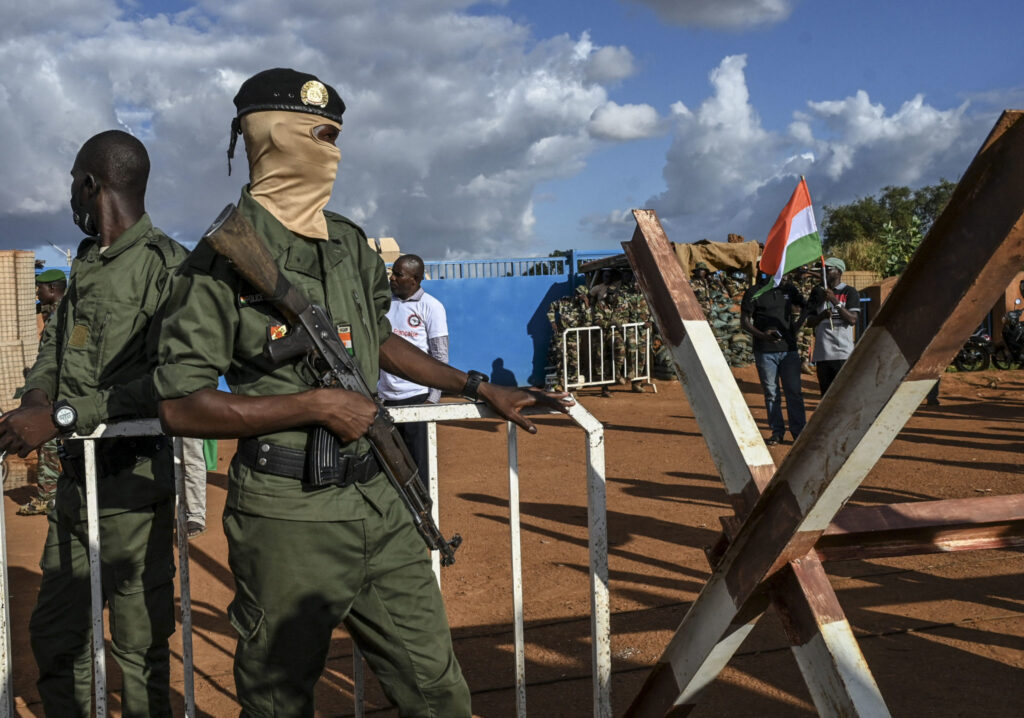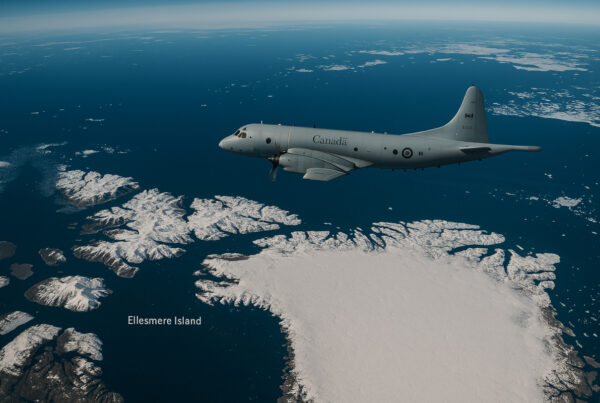
(Photo by BOUREIMA HAMA/AFP via Getty Images) The Pentagon announced Monday that it had finished withdrawing U.S. forces from a $110 million military base in Niger, Africa, as the nation’s ruling regime takes over.
(Written by Jake Smith. Originally published here in Daily Caller, republished with permission.)
Niger’s Air Base 201 previously hosted hundreds of U.S. troops who have now evacuated at the request of the country’s military junta. The Pentagon said in a statement on Monday that all remaining forces and assets at the base have been withdrawn as final evacuation efforts come to a close. (RELATED: Pentagon To Send Troops And ‘Land-Based’ Firepower To Middle East Amid Iranian Threats)
Opened in 2019, Air Base 201 cost the Pentagon $110 million to build and $30 million annually to maintain, according to Defense News. The base played a pivotal role for U.S. forces working in coordination with Niger’s army in fighting against terror networks including al Qaeda and the Islamic State, both of which maintain a sweeping presence in the violent Sahel region, according to The Wall Street Journal.
“This effort began on May 19 following the mutual establishment of withdrawal conditions and coordination will continue between U.S. and Nigerien armed forces over the coming weeks to ensure the full withdrawal is complete as planned,” a statement from the Pentagon reads. “The effective cooperation and communication between the U.S. and Nigerien armed forces ensured that this turnover was finished ahead of schedule and without complications.”

American soldiers in front of military vehicles that they are preparing to board a cargo plane in Niamey on June 7, 2024 during the ceremony for the first departure of American troops from Niger. (Photo by BOUREIMA HAMA/AFP via Getty Images)
Some U.S. troops will remain at the U.S. Embassy in Niger while final withdrawal operations are completed in the coming weeks, according to The New York Times. Some equipment from Air Base 201 was shipped out, such as weaponry, but other equipment was left behind.
The U.S. relationship with Niger began to unravel after the country’s military regime toppled the democratic system in mid-2023, sending the nation spiraling into chaos. The regime was adamant that it did not want the U.S. to maintain a presence in Niger and demanded its immediate withdrawal.
Attempts to negotiate with the military regime largely failed as the country became increasingly hostile to troops stationed in the country. Officials issued a formal order in May to begin evacuating U.S. forces over the coming months, with the last of troops expected to depart from Niger by mid-September, according to the Times.
Some prominent U.S. defense officials argue that not having forces in Niger limits the U.S.’ ability to conduct counterterrorism operations against extremist and terrorist groups in the Sahel region.

TOPSHOT – Niger’s security officers stand guard as supporters of Niger’s National Council of Safeguard of the Homeland (CNSP) gather oustide Niger and French airbase in Niamey on September 3, 2023, to demand the departure of the French army from Niger. (Photo by -/AFP via Getty Images)
“This does make safeguarding U.S. security interests in the Sahel that much harder,” Maj. Gen. Kenneth P. Ekman of the Air Force, tasked with overseeing the withdrawal, told the Times in July. “The threats from ISIS and Al Qaeda in the region are getting worse every day.”
However, some defense experts and former U.S. officials who previously spoke to the Daily Caller News Foundation believed that withdrawing forces from Niger was the right decision, given that they were falling under an increasing amount of danger from the country’s hostile government and population. Boots on the ground are not necessarily needed to conduct counterterrorism operations, as the U.S. has other extensive military and intelligence capabilities, experts told the DCNF.
“What the [Biden administration] was not understanding, is that these guys are cold-blooded. This new government in Niger? They don’t care. They do not want the United States involved in their country,” Michael DiMino, a former CIA official and senior fellow at Defense Priorities, told the DCNF. “There was this denialism for several months that, ‘We can salvage this, we did fix this.’”
The Pentagon and U.S. Africa Command (AFRICOM) did not immediately respond to a request for comment.








